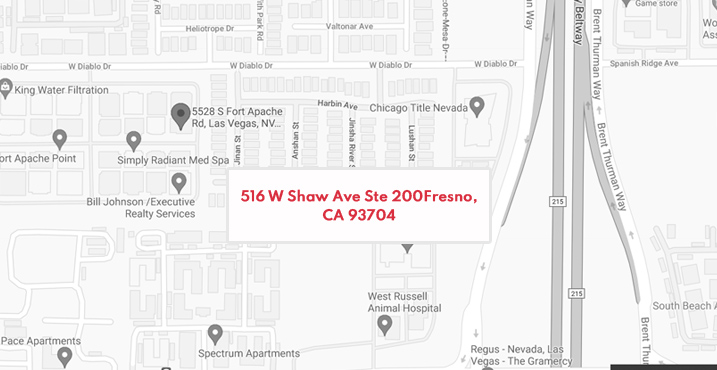The Rights of Unmarried Parents in California
Your parental rights are important. Working to establish and protect them as early as possible in your child’s life can help support a positive, secure relationship with your son or daughter. While child custody is a common factor involved in divorce, parents who have never been married to each other may also need to consider custody rights and arrangements.
When two people have children during or shortly after marriage, paternity is assumed. However, if two people have a child outside of marriage, paternity is not assumed, and questions of parental rights can become a bit more complex.
The Mother’s Parental Rights
A biological mother’s parental rights are automatic. The child’s birth certificate typically provides conclusive evidence of who the mother is.
The fact that the mother has automatic parental rights doesn’t mean she has unlimited parental rights. Courts will step in and remove custody from a mother in cases where there is evidence of abuse and neglect, and it is in the best interests of the child to do so.
The Father’s Parental Rights
An unwed father does not have automatic parental rights. Paternity must be established before a father who is not married to the child’s mother can seek to establish his rights through custody orders.
Voluntary Declaration of Parentage
Parents can sign a voluntary declaration of parentage, or VDOP, to establish paternity. You can sign this form if you are not married and you and the mother agree that you are the only potential father for the child. If there are two potential fathers—such as in a case where the mother is not sure about paternity because she had relations with two men around the time conception was possible—you may want to consult a lawyer before you sign anything.
A VDOP can be completed at the hospital when the child is born. Talk to the hospital staff if you want to do this, as they will help you complete the form and file it on your behalf. You can also complete the form later at a government office, including a local court, local child support agency, or a welfare office. After completing the form, you must file it with the Department of Child Support Services.
Establishing Paternity
The VDOP form is only relevant if the mother and father agree to work together to establish paternity. In some cases, one parent may not agree, and in this case, paternity may need to be established through the courts.
A father might seek to establish paternity so he can assert his parental rights and ask for shared custody or visitation. A mother might seek to establish paternity to force a father to support his child financially. In either case, this is usually done through court-ordered genetic testing.
Custody Decisions and Plans
Once paternity is established, a father can seek custody of his child. At this point, custody matters work similarly to how they might in a case involving parents who were married.
Legal Custody Versus Physical Custody
When considering custody matters, you typically need to consider two types of custody: legal custody and physical custody. Legal custody refers to the right to make essential decisions about a child’s life, such as where they go to school or what medical treatments they may need. Physical custody refers to where the child lives.
Sole Custody Versus Joint Custody
You also have to consider whether one of the parents will have sole custody or whether they will share joint custody. You must decide this for each type of custody, and they don’t have to be the same. For example, you can have a case where a mother has sole legal custody, but the mother and father share physical custody.
How Do Courts Decide Custody Matters When the Parents Were Not Married?
Once paternity is established, courts rely on the same factors and evidence in deciding custody matters as they do in cases following a divorce. The parents may work together to develop a parenting plan; in such cases, courts tend to support that agreement unless there are legalities or apparent issues.
In cases where parents can’t agree on a parenting plan, the court will hear arguments and make a ruling on custody matters. In these cases, the court will consider the best interests of the child. It may consider factors such as the child’s relationship with each parent and each person’s ability to provide a safe, caring home for the child. Courts may order a child custody evaluation if they need more information to make a decision about custody matters.
Do You Need a Family Law Attorney?
A family law team can help you protect your parental rights and create a proactive case for custody. Whether you’re a mother seeking to protect your child or a father who wants to assert his paternal rights, a family law attorney can provide you with information about your options, complete and file court motions and paperwork on your behalf, and ensure that you understand what types of processes you may face during your custody battle.
For help with your custody case or child support matter, contact the Bains Law Offices. You can reach our experienced family law team by calling 559-282-8924.









